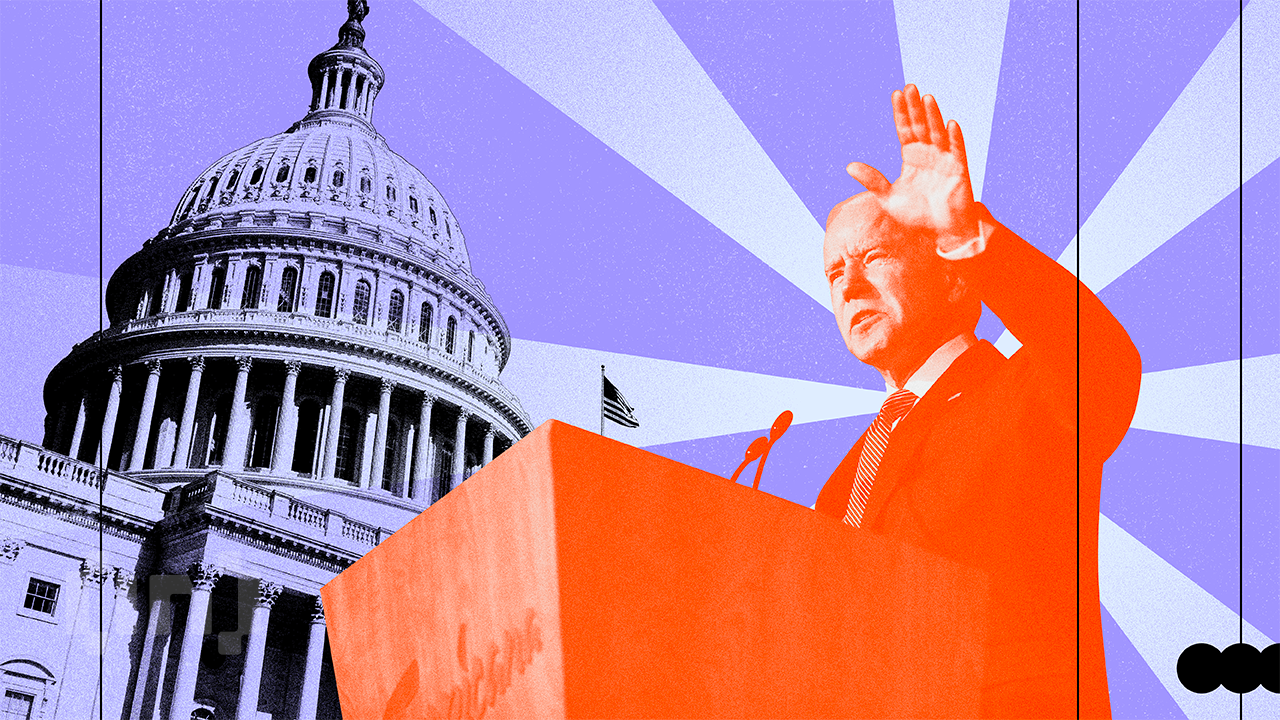White House Opposes FIT21, Advocates for Balanced Crypto Regulations
With the House of Representatives poised to vote on the Financial Innovation and Technology for the 21st Century Act (FIT21) today, the White House’s position on the bill has become prominent. The administration has opposed the bill, raising concerns but stopping short of issuing a veto threat.
The Biden administration is willing to collaborate with Congress to develop a comprehensive and balanced regulatory framework for crypto assets.
Biden Admin Rejects FIT21, Open to Crypto Regulation
In its statement on Wednesday, the administration outlined several critical issues with FIT21. The primary concern was the bill’s perceived need for more sufficient protections for consumers and investors.
“The Administration opposes passage of H.R. 4763, which would affect the regulatory structure for digital assets in the United States,” the statement read.
Read more: How Does Regulation Impact Crypto Marketing? A Complete Guide
The White House’s opposition to FIT21 is significant as the House readies for the vote. If it becomes law, FIT21 would significantly bolster the regulatory oversight of crypto spot markets and digital commodities, such as bitcoin. It also introduces a mechanism for secondary market trading of digital commodities initially offered as part of investment contracts.
Bipartisan Support Amid Debate
Despite opposition to FIT21, the White House strongly desires to work with Congress. The statement further underlined the administration’s intent to leverage existing authorities to foster an environment conducive to innovation while safeguarding consumers and investors. Senator Cynthia Lummis commented on the bill’s bipartisan support.
“There’s a bipartisan majority in both chambers of Congress in favor of crypto. The future is very bright,” she stated.
FIT21 has sparked controversy. Representative Maxine Waters criticized the bill during a House Rules Committee meeting. Waters argued that FIT21 would stretch the Commodity Futures Trading Commission (CFTC) resources, weakening its enforcement capabilities. She also highlighted that with its more extensive staff, the Securities and Exchange Commission (SEC) would be better suited to oversee the industry.
Read more: 7 Best Crypto Exchanges in the USA for Bitcoin (BTC) Trading
SEC Chair Gary Gensler has also voiced his opposition to FIT21. Gensler warned that the bill would create new regulatory gaps by disregarding the Howey Test, an essential legal standard for determining whether an asset qualifies as a security.
FIT21 faces an uncertain future in the Senate. Many top lawmakers in the Democrat-controlled Senate have shown little interest in the bill. Investment bank TD Cowen recently suggested that FIT21 cannot become law in this Congress.
Political dynamics may also impact the bill’s fate. There have been rumblings that the Biden administration is paying more attention to crypto, given its potential influence on voters in the upcoming presidential election. Presumptive Republican presidential candidate Donald Trump has made pro-crypto moves, including accepting campaign donations in crypto.
The debate over FIT21 highlights the complexities of regulating the crypto market. As the House prepares to vote, the administration’s stance reflects the importance of developing a regulatory framework that ensures market stability while encouraging technological advancements in the crypto industry.




![Ethereum [ETH] Faces High Volatility: Liquidations Reach $50.61 Million, Price Swings Between $3,400 and $3,600](https://i0.wp.com/en.coinotag.com/wp-content/uploads/2024/05/cryptocurrencies28.webp?fit=1792%2C1024&%23038;quality=70&%23038;ssl=1)

